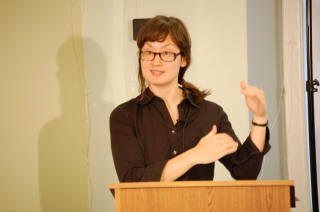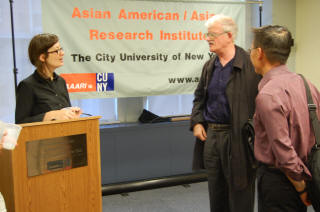
Typically viewed as a staple of childhood life in East Asia, cram schools are private educational institutions offering additional academic instruction during non-school hours. Over the past few decades, hundreds if not thousands of Asian American-run cram schools have been established throughout the United States, proliferating across urban areas particularly in Asian American enclaves. Despite this recent boom of Asian American cram schools, there has been very little research that examines how these educational sites affect the academic and identity development of youth.

This paper draws on ethnographic data collected over a period of one year in a fifth grade English language arts class in a Korean American-run cram school in Queens. I examine how social relationships emerge among participants and how participants come to socially identify one another. I explore the ways in which these phenomena relate to learning and identity in the classroom. Methods of data collection include participant observation, field notes, audio-recorded interviews with teachers, students and administrators, and video-recorded classroom interaction. Central to this investigation is the analysis of social interaction.
Online Notes

